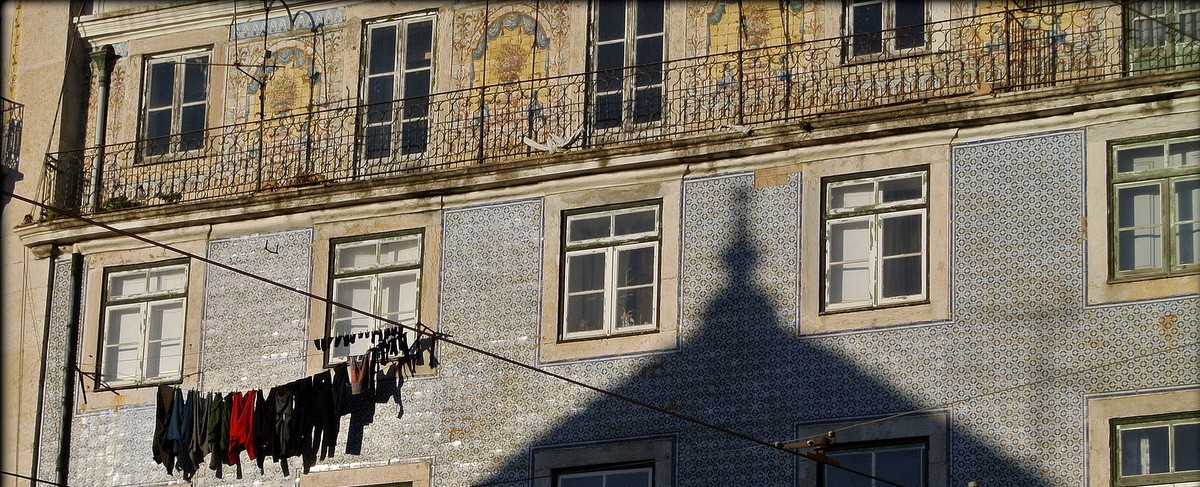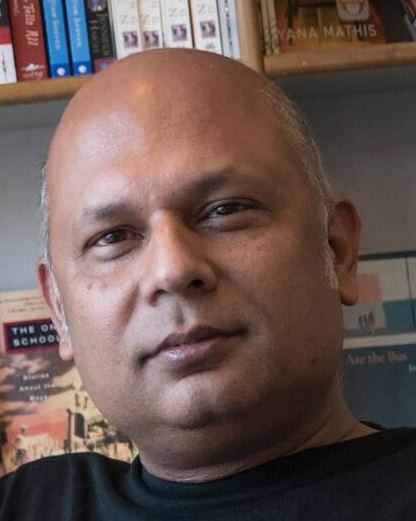War poems by Harris Khalique
The magician and the boy from Waziristan
It was a stony winter morning covered in mist.
The half-awake magician answered the hurried knock
at the front door.
The boy, covered in dust and smell,
carried a big, bulky sack on his back.
It was made of coarse jute threads tightly interwoven.
A thin and flexible but armoured
metal strip looped around the mouth of the sack
to seal it.
The boy looked straight into the magician’s eyes.
“I come from far.
I remember watching you in the circus with my father.
You had cut a woman in half,
then joined her back.
They were all burnt to death after the bomb went off.
Only my mother’s body is not charred.
I bring her to you.
She is only cut in half.”
Islamabad, March 2017
*
The palm reader of Aleppo
Slowly
the evening began to descend upon Aleppo.
No one survived in the neighbourhood
but the palm reader.
He had squeezed himself under a large trunk of fresh potatoes
when they came and opened fire.
It was indiscriminate.
After they left, he stepped out of the house
to find himself alone amid fresh corpses
in the streets and on the doorsills.
The corpses will remain scattered until the next day
since the neighbourhood was cordoned.
The enormity of death made him indifferent.
He felt hungry and walked back home,
took out some potatoes, boiled them unpeeled,
sprinkled some salt on them, ate to his heart’s fill.
Bored with nothing to feel and nothing to do,
he slipped a small torch in his pocket,
stepped out of the house again.
He decided to read the palms of dead people.
That will take him through the evening and the night –
so many palms to read and no fortunes to tell.
Islamabad, February 2017
Harris Khalique is a leading Urdu and English language poet from Pakistan with eight collections of verse behind him. He is also an essayist and a columnist. During the 1980s and 1990s, some of his poems faced censorship in his country. His works have been translated into several languages. He is a University of Iowa Honorary Fellow in Writing and has spoken on widely on themes straddling culture, politics, human rights, and international development. In 2017, Harris Khalique’s collection of essays, Crimson Notes (Reflections on Struggle, Suffering, and Creativity in Pakistan), is published by Oxford University Press.


